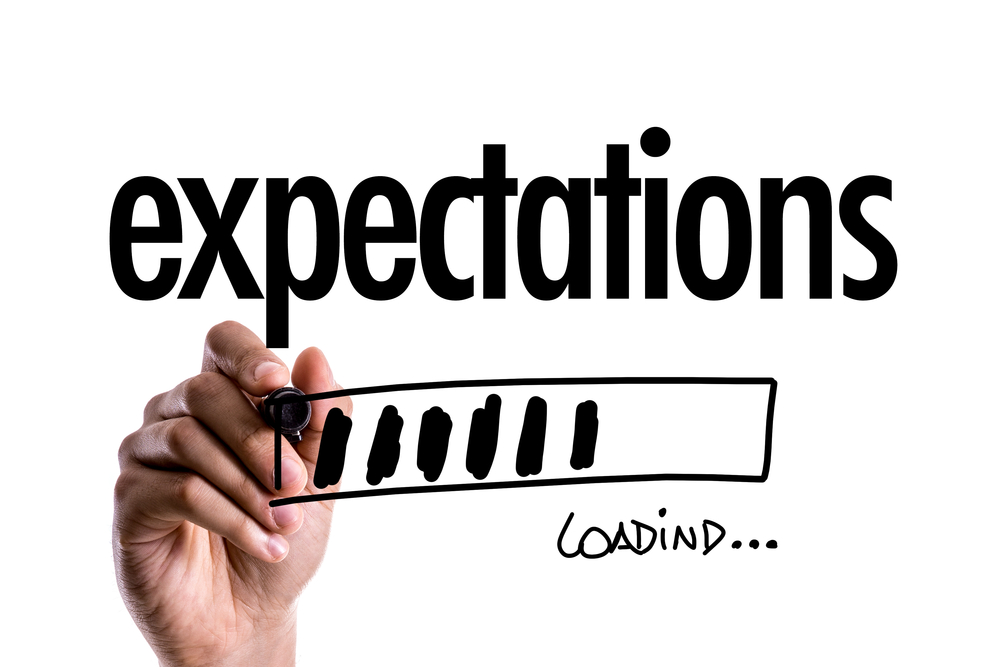

From the mid-1970s until his death in 1990, Ludwig Lachmann played a central role in reinvigorating interest in the Austrian School as a viable alternative to the reigning neoclassical approach to economic analysis. He, along with Murray Rothbard and Israel Kirzner, helped foster a revival that continues to this day and owes much to Lachmann’s insistence on the extension of subjectivism to the analysis of all forms of economic relations.Lachmann emphasized the importance of studying markets as an open-ended, entrepreneur-driven process. He criticized deterministic models that closed off the investigation of change arising from the complexity of individual subjective differences. Like his teacher Friedrich Hayek, he argued that a pure logic of choice needs to be complemented with an empirical account of how people learn, and that plan coordination, rather than equilibrium modeling, provides the appropriate framework for a causal analysis of change. See his 1986 book, The Market as an Economic Process.
This is from Hans Eicholz and Bill Tulloh, “Ludwig Lachmann, 1906-1990” in David R. Henderson, ed., The Fortune Encyclopedia of Economics.
Since the print version of the second edition of the Encyclopedia came out in 2008, I have been updating with biographies of important economists. The typical criteria, besides their being important in some way, is that they are dead or that they won the Nobel Prize in economics. I usually write them, but Hans and Bill were quite interested and know a lot more about Lachmann than I do.
Read the whole thing, which is nice and succinct.
Thanks to Amy Willis for suggesting a Lachmann bio, and thanks to Tyler Cowen and others for helpful comments.
By the way, I met Lachmann at the famous Austrian Economics conference in South Royalton, Vermont, which occurred in June 1974, almost 50 years ago. I liked the twinkle in his eye. Tyler Cowen told me that he took Lachmann’s class at NYU when he, Tyler, was 17. Says Tyler, “It was great.”

READER COMMENTS
Robert Simmons
Mar 25 2024 at 4:42pm
Is it possible to turn off the “feature” that makes clicking on a post open a new tab?
Henri Hein
Mar 26 2024 at 1:43pm
Robert,
I don’t know myself, but one thing I’ve noticed is that if you pick “Browse by Date” under the “EconLog” menu, you get the blog posts in the same order as the overview page, and more compact. On that page, the posts appear within the same tab when you click them.
Roger McKinney
Mar 27 2024 at 11:19am
I loved his book Capital and Its Structure. He shows how investing in the stock market guides the Structure of production.
David Henderson
Mar 27 2024 at 11:30am
Thanks, Roger.
Comments are closed.